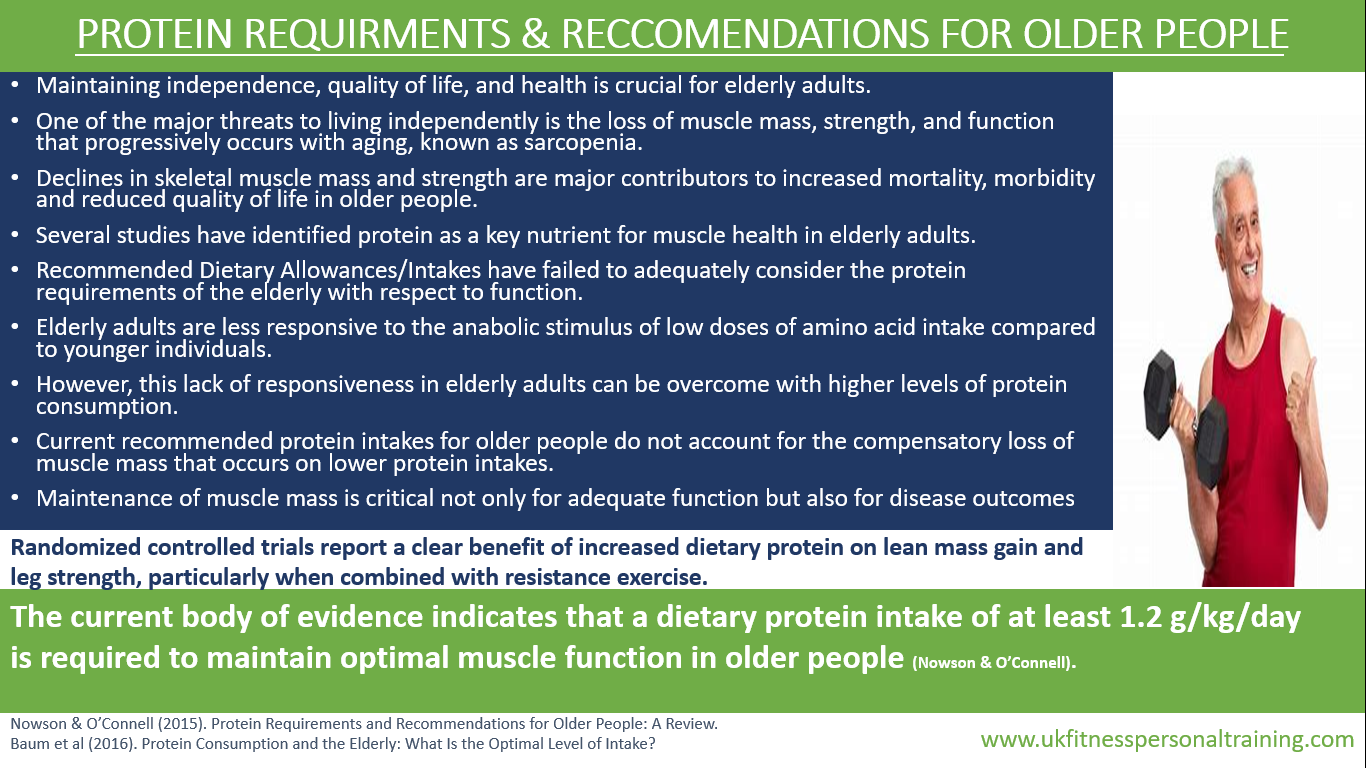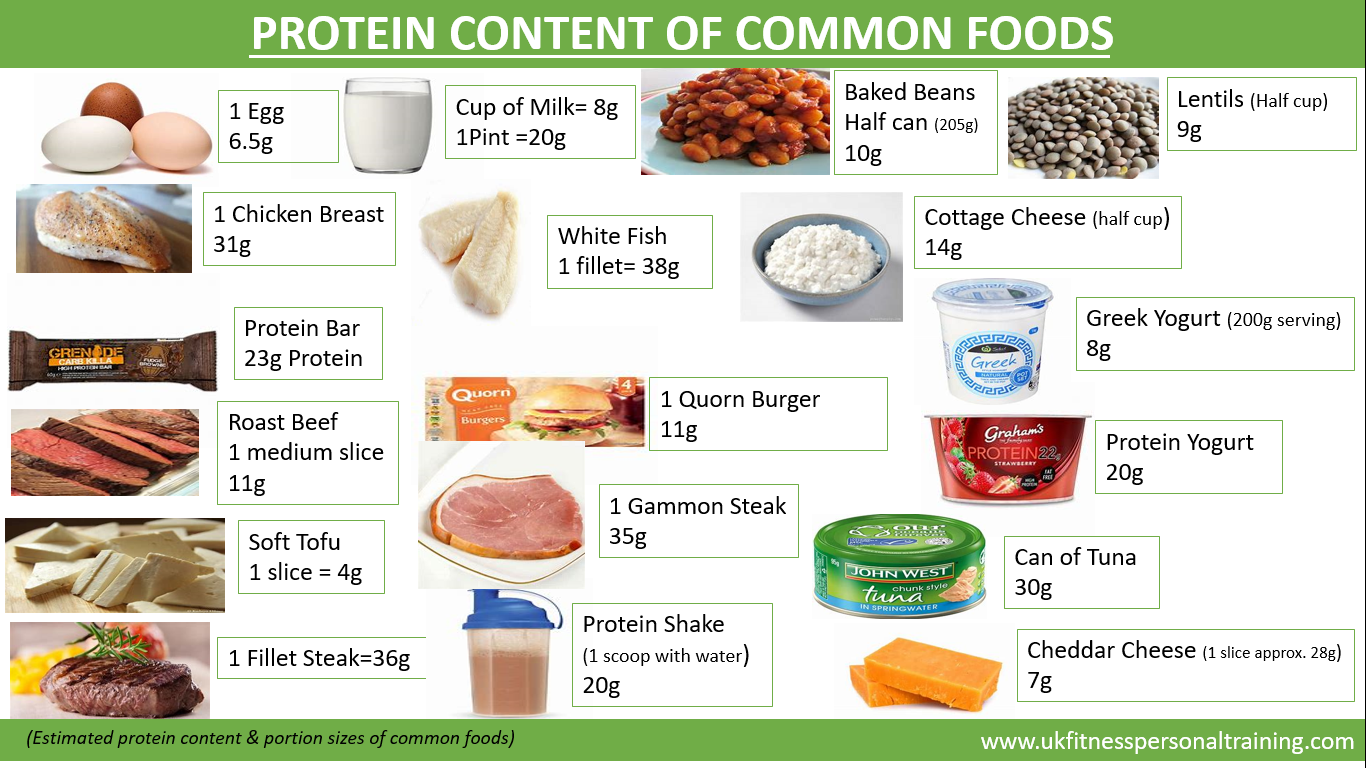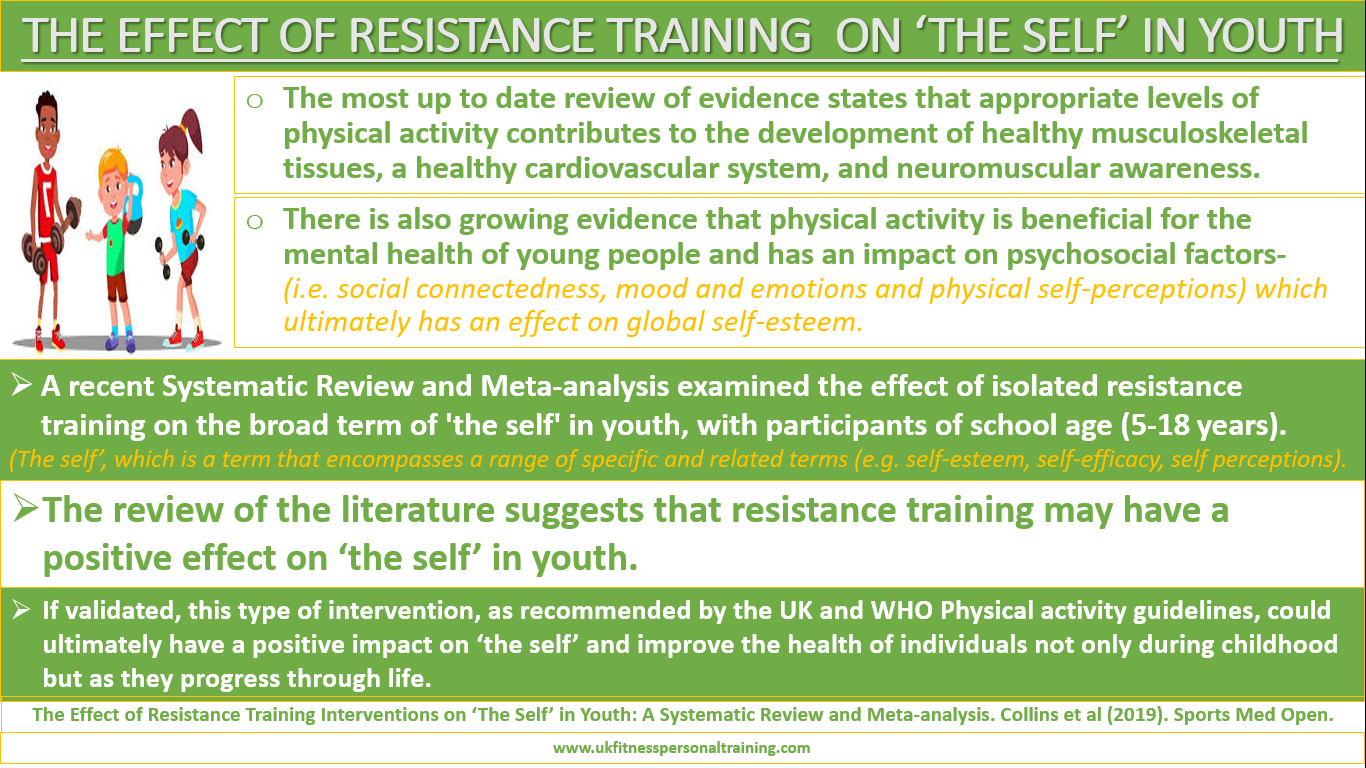|
Maintaining independence, quality of life, and health is crucial for elderly adults. One of the major threats to living independently is the loss of muscle mass, strength, and function that progressively occurs with aging, known as sarcopenia. Several studies have identified protein (especially the essential amino acids) as a key nutrient for muscle health in elderly adults. Elderly adults are less responsive to the anabolic stimulus of low doses of amino acid intake compared to younger individuals. However, this lack of responsiveness in elderly adults can be overcome with higher levels of protein (or essential amino acid) consumption. The requirement for a larger dose of protein to generate responses in elderly adults similar to the responses in younger adults provides the support for a beneficial effect of increased protein in older populations. Randomized controlled trials report a clear benefit of increased dietary protein on lean mass gain and leg strength, particularly when combined with resistance exercise. There is good consistent evidence that consumption of 1.0 to 1.3 g/kg/day dietary protein combined with twice-weekly progressive resistance exercise reduces age-related muscle mass loss. Older people appear to require 1.0 to 1.3 g/kg/day dietary protein to optimize physical function, particularly whilst undertaking resistance exercise recommendations. References
Jamie Miller- Personal Trainer UK Fitness Personal Training Aberdeen FITNESS, NUTRITION & PERSONAL TRAINING
0 Comments
Leave a Reply. |
AuthorJamie Miller Categories
All
Archives
March 2021
|
LocationUK Fitness Personal Training
Personal Training Aberdeen
Aberdeen Fitness & Combat Centre.
Unit 1B, Berryden Retail Park Aberdeen AB25 3SA Can't come to Aberdeen to train 1-1?
Why not try online personal training? |
|



 RSS Feed
RSS Feed

